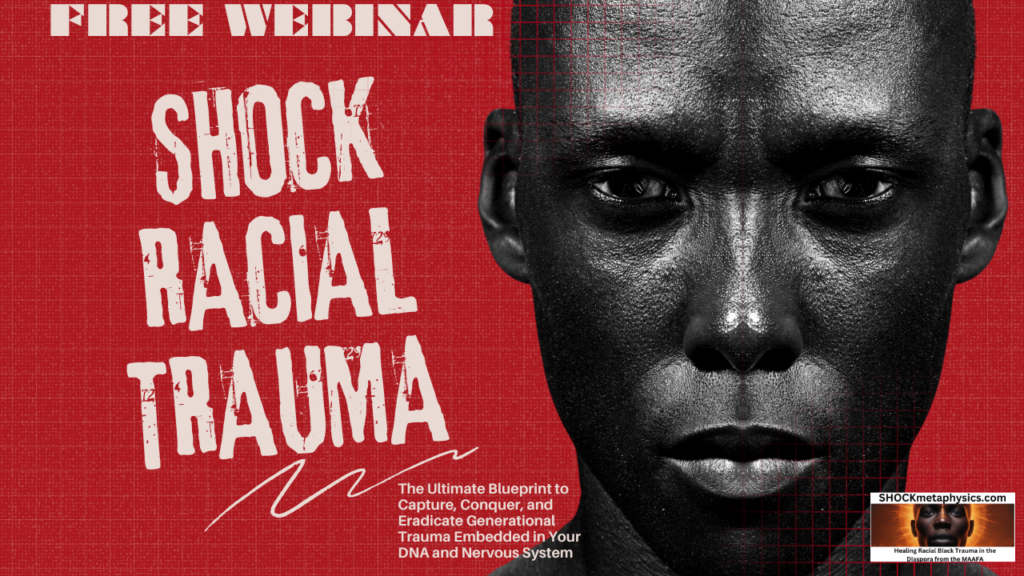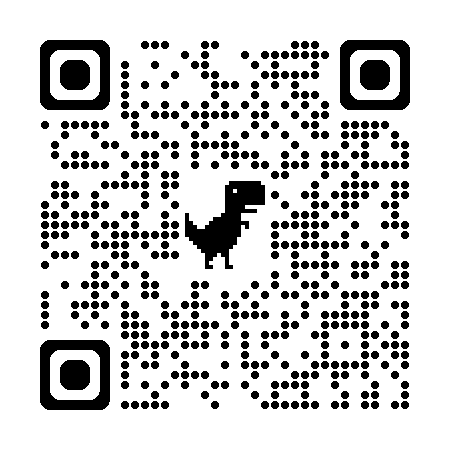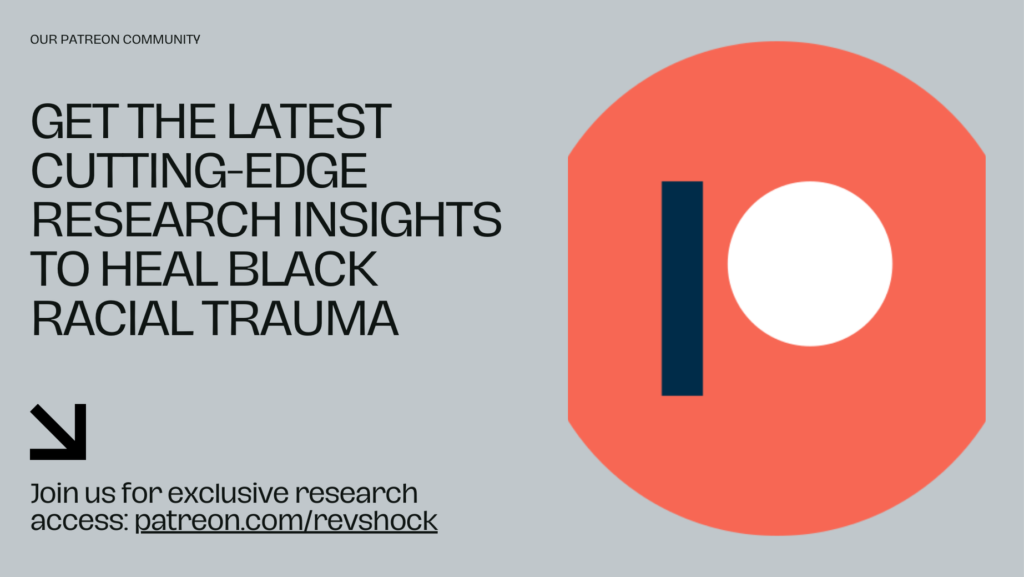
Powered By BlackTraumaGPT.com
Researched and Curated By Rev. Dr. Philippe SHOCK Matthews – https://solo.to/revshock | https://linktr.ee/revshock (Black Trauma and Mental Health Specialist | Prompt Eng | GPT Dev | Research Scientist | Africana Phenomenologist | Black Mental Health Podcast Host | FREE Webinar)
Recovery from addiction and healing from trauma require comprehensive approaches that address both symptoms and root causes. For Black men navigating pornography addiction and related behaviors as trauma responses, effective healing pathways must consider both individual psychology and broader sociocultural contexts.
Culturally Relevant Therapy
Traditional therapeutic approaches often fail to address the specific experiences of Black men, particularly regarding the impacts of racial trauma. Culturally relevant therapy integrates understanding of these experiences, creating space to process both personal and collective trauma.
Africana psychology offers frameworks that center Black experiences rather than treating them as deviations from white norms. These approaches acknowledge connections between historical oppression and present-day psychological challenges while emphasizing cultural strengths and resilience factors that support healing.
Trauma-informed therapeutic approaches recognize how adverse experiences affect brain development, emotional regulation, and relationship patterns. By addressing these neurobiological impacts alongside behavioral symptoms, these approaches facilitate more profound healing that prevents relapse into addictive patterns.
Community Support and Collective Healing
While individual therapy provides essential space for personal work, community support offers validation, accountability, and shared wisdom that complement clinical approaches. For Black men, whose experiences are often marginalized in mainstream spaces, community connections play particularly vital roles in healing.
Support groups specifically addressing pornography addiction provide spaces to discuss struggles without shame or judgment. When these groups understand the cultural contexts of Black men’s experiences, they become even more powerful resources for sustainable recovery.
Men’s circles and other community spaces that encourage emotional authenticity help dismantle harmful masculinity norms that compound trauma impacts. These environments normalize vulnerability and emotional expression, creating foundations for healthier relationships with self and others.
Somatic and Mindfulness Practices
Trauma lives in the body as well as the mind, creating patterns of activation and shutdown that drive addictive behaviors. Somatic approaches address these physical dimensions of trauma, helping individuals reconnect with bodily sensations and develop healthier relationships with their physical experiences.
Mindfulness practices build the capacity to stay present with difficult emotions without immediately seeking escape through addiction. These practices help individuals recognize triggers earlier, create space between impulse and action, and make conscious choices rather than reactive ones.
Movement practices from African and African diasporic traditions offer culturally grounded ways to process emotions through the body. These approaches honor cultural heritage while providing practical tools for trauma healing and addiction recovery.
Addressing Systemic Factors
Complete healing requires acknowledging how systemic factors contribute to both trauma and addiction. Access to quality mental health care, economic opportunities, and safe community spaces influence individual healing capacity.
Advocacy for policies that address these systemic barriers becomes part of broader healing work. By connecting personal recovery to community wellness, these efforts create environments that support sustainable healing rather than placing full responsibility on individuals navigating systemic challenges.
Education about historical and ongoing trauma helps individuals contextualize their experiences within broader patterns, reducing shame and isolation. This understanding shifts narratives from personal failure to recognition of normal human responses to abnormal circumstances.
The Journey Forward
Healing from addiction and trauma isn’t a linear process but rather a journey with both progress and setbacks. Compassion for this reality—both from others and toward oneself—creates resilience that sustains recovery despite challenges.
By addressing both addiction behaviors and their traumatic foundations, comprehensive healing approaches create sustainable change. This integrated perspective recognizes that proper recovery isn’t just about stopping harmful behaviors but about healing the wounds that drive them and building capacity for healthier relationships with self and others.
Series Conclusion
Throughout this series, we’ve explored how pornography addiction and related behaviors often function as responses to trauma rather than simple moral failings. For Black men navigating both personal and collective trauma, these connections are particularly significant.
Understanding these behaviors through a trauma-informed lens shifts our approach from judgment to compassion, creating space for healing that addresses root causes rather than just symptoms. This perspective doesn’t eliminate accountability but rather contextualizes it within a broader understanding of human responses to pain.
The path forward involves individual healing work and collective efforts to create communities where trauma can be acknowledged, processed, and transformed. Bringing these conversations into the open reduces shame and isolation while creating possibilities for genuine connection and wellness.
I hope that this series contributes to a more nuanced understanding of the connections between trauma, race, and addiction, opening doorways to healing for individuals and communities alike.
This blog series was compiled based on research and perspectives on trauma, addiction, and healing in Black communities. If you’re struggling with addiction or trauma, please consider reaching out to mental health professionals who understand these complex intersections.

FREE SHOCK RACIAL TRAUMA WEBINAR: http://shocktraumafreewebinar.com

“I just completed a brief session with ChatGPT-Black Trauma. Wow! The responses I got were soooooo helpfu!.” — John Jackson (Patreon Member)
At BlackTraumaGPT.com, we aim to foster healing, understanding, and empowerment within Black communities by providing culturally sensitive education, insights, and mental health resources. We aim to deepen the collective awareness of Black trauma’s historical roots and its contemporary manifestations while guiding individuals and communities toward paths of self-care, resilience, and holistic healing. By leveraging the wisdom of Africana phenomenology and the expertise of Black scholars, we support the transformation of trauma into strength, encouraging collective growth and thriving.
IT’S TIME TO BREAK BLACK TRAUMA! Heal Thyself @ BlackTraumaGPT.com http://blacktraumagpt.com/ ASK THE QUESTION(S)!
———————
Get Social with Doc SHOCK:
PATREON | ABOUT DR. SHOCK | FLY SOLO | ACADEMIC BIO | BLOG | BLACK TRAUMA PODCAST | ENDORSEMENT | THREADS | IG | FB PAGE | PRIVATE GROUP | X | LINKEDIN | TIKTOK | PINTEREST | BLACK TRAUMA GPT | BLACK AI CONSORTIUM | BOOKS BY DOC SHOCK

